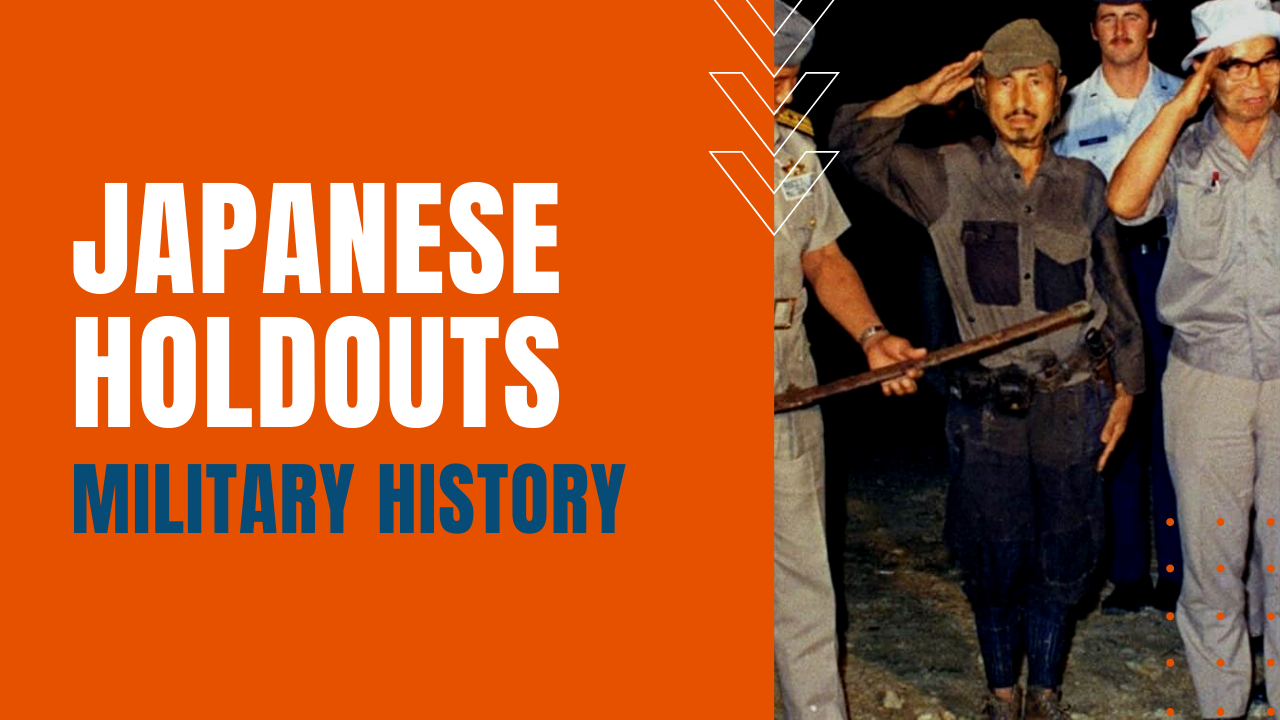Japanese Holdouts of World War Two

Of the more than six million men who fought in the Imperial Japanese Army during World War Two, given the remote nature of many South Pacific battlefields, some soldiers failed to get the memo that war had ended in August 15th, 1945.
Japanese holdouts either doubted the veracity of the formal surrender of Japan, or simply failed to receive any form of communication that their war against the Allies had been lost.
For instance on January 1st, 1946, 20 Japanese soldiers hiding in a tunnel at Corregidor Island surrendered to US servicemen after learning the war had ended from a newspaper they found while collecting fresh water. In late March of 1947, Lieutenant Ei Yamaguchi and his corps of 33 soldiers emerged on Peleliu to attack a U.S. Marine Corps detachment stationed on the island, believing the war was still underway.
WWII Japanese Holdouts for 15+ Years
Reinforcements were sent in, along with a Japanese admiral who was able to convince the men that the war was over. Notable holdouts continued to surrender into the 1950s and 60s, including Private Bunzo Minagawa, who held out on Guam until May 1960, and Sergeant Masashi Ito, Minagawa’s superior, who surrendered days later on May 23rd, 1960, almost 15 years after Japan’s formal surrender.
Miraculously, some Japanese servicemen continued the fight into the 1970s, including Sergeant Shoichi Yokoi, who served under Masashi Ito, when he was finally captured on Guam. In October 1972, Private 1st Class Kinshichi Kozuka held out with Lt. Onoda for 28 years, until he was killed in a shootout with Philippine police.
Hiroo Onoda
In March of 1974, a full 29 years after the end of the war, Lieutenant Hiroo Onoda surrendered on Lubang after holding out on the island since December of 1944, refusing to surrender until he was relieved of duty by his former commanding officer, Major Yoshimi Taniguchi, who had flown to Lubang to formally relieve Onoda.
And last but not least, Private Teruo Nakamura was discovered by the Indonesian Air Force on Morotai, surrendering to a search patrol on December 18th, 1974, a full 29 years, 3 months and 16 days after the Japanese Instrument of Surrender was signed.
